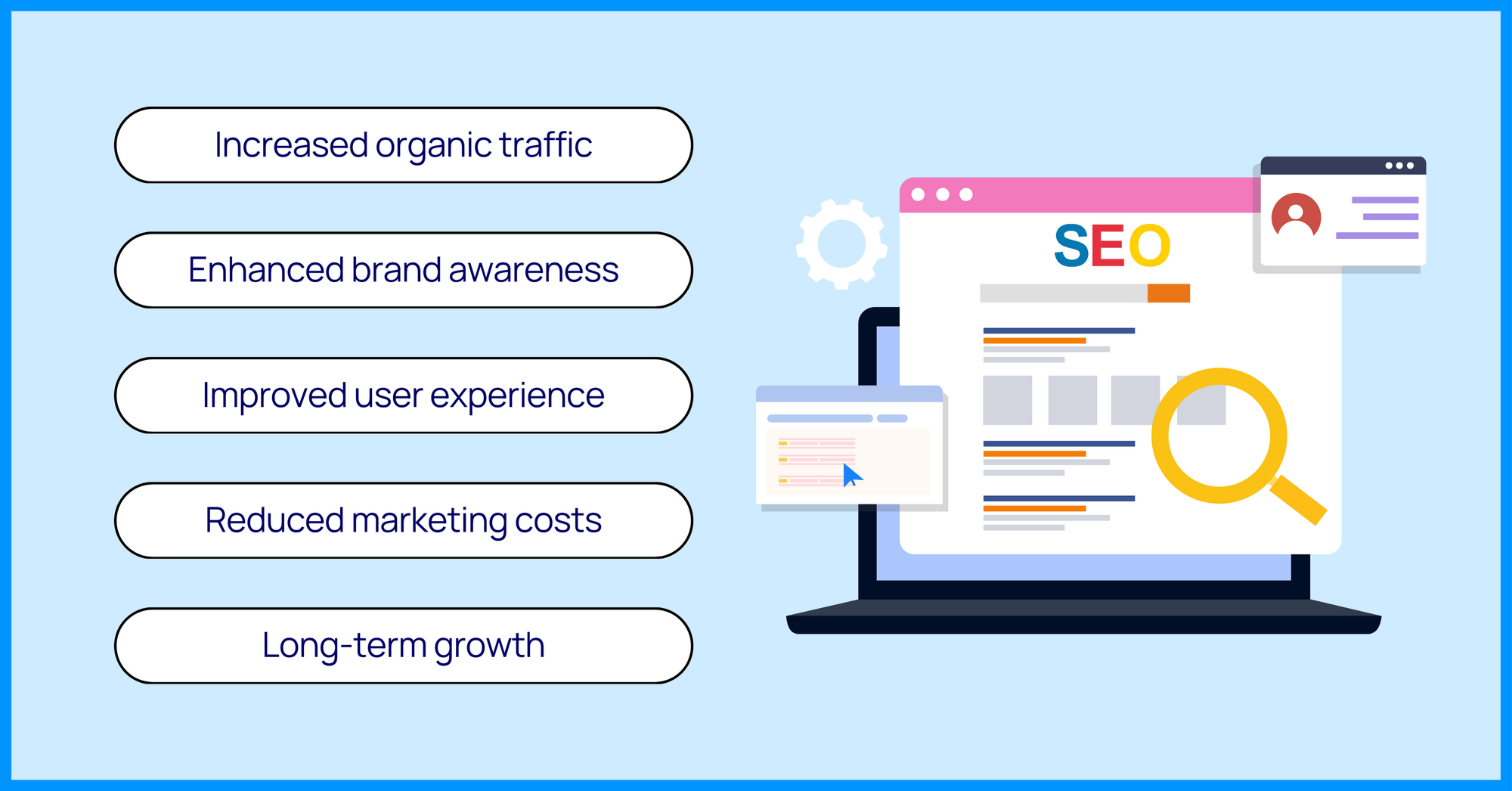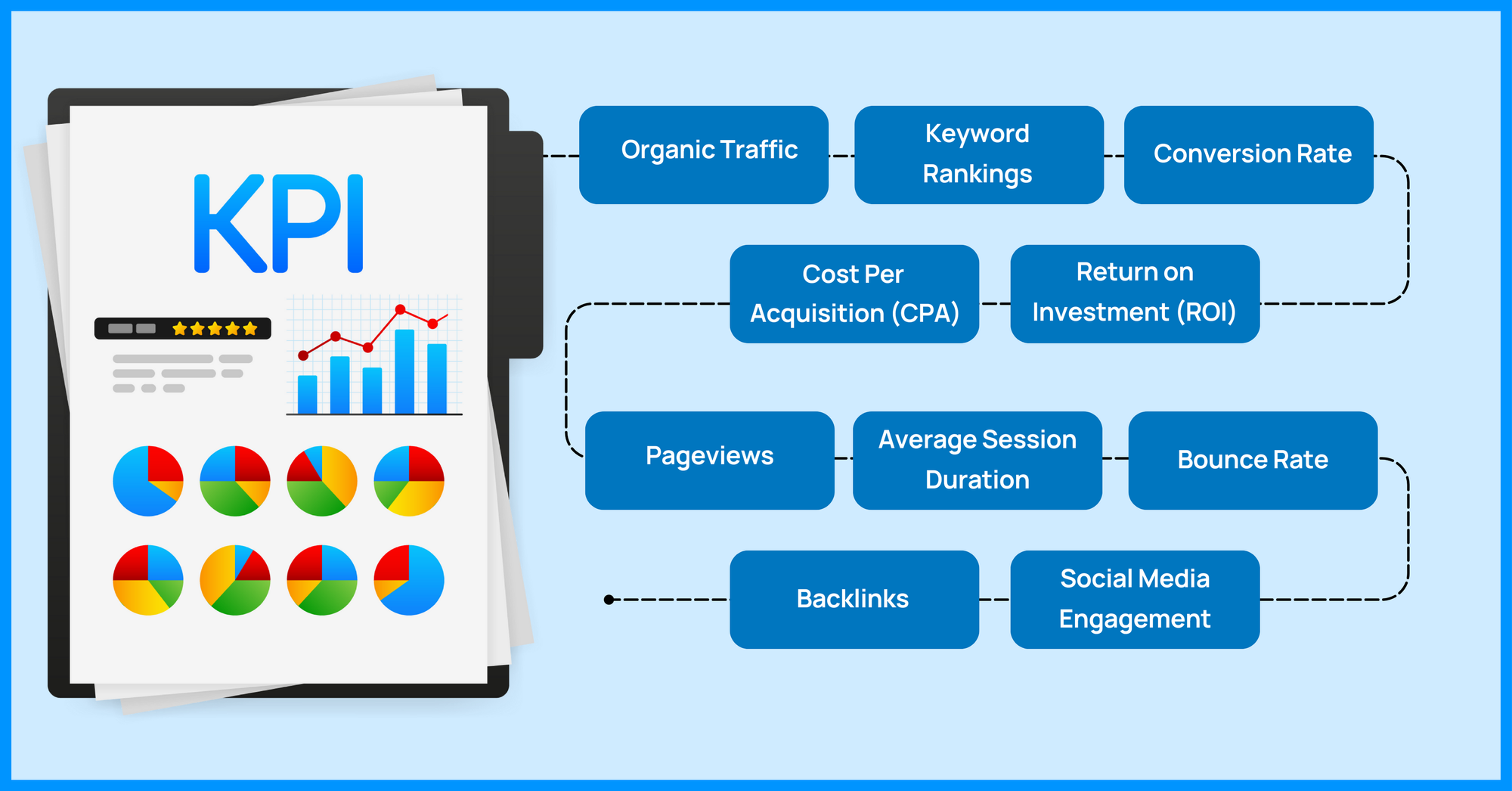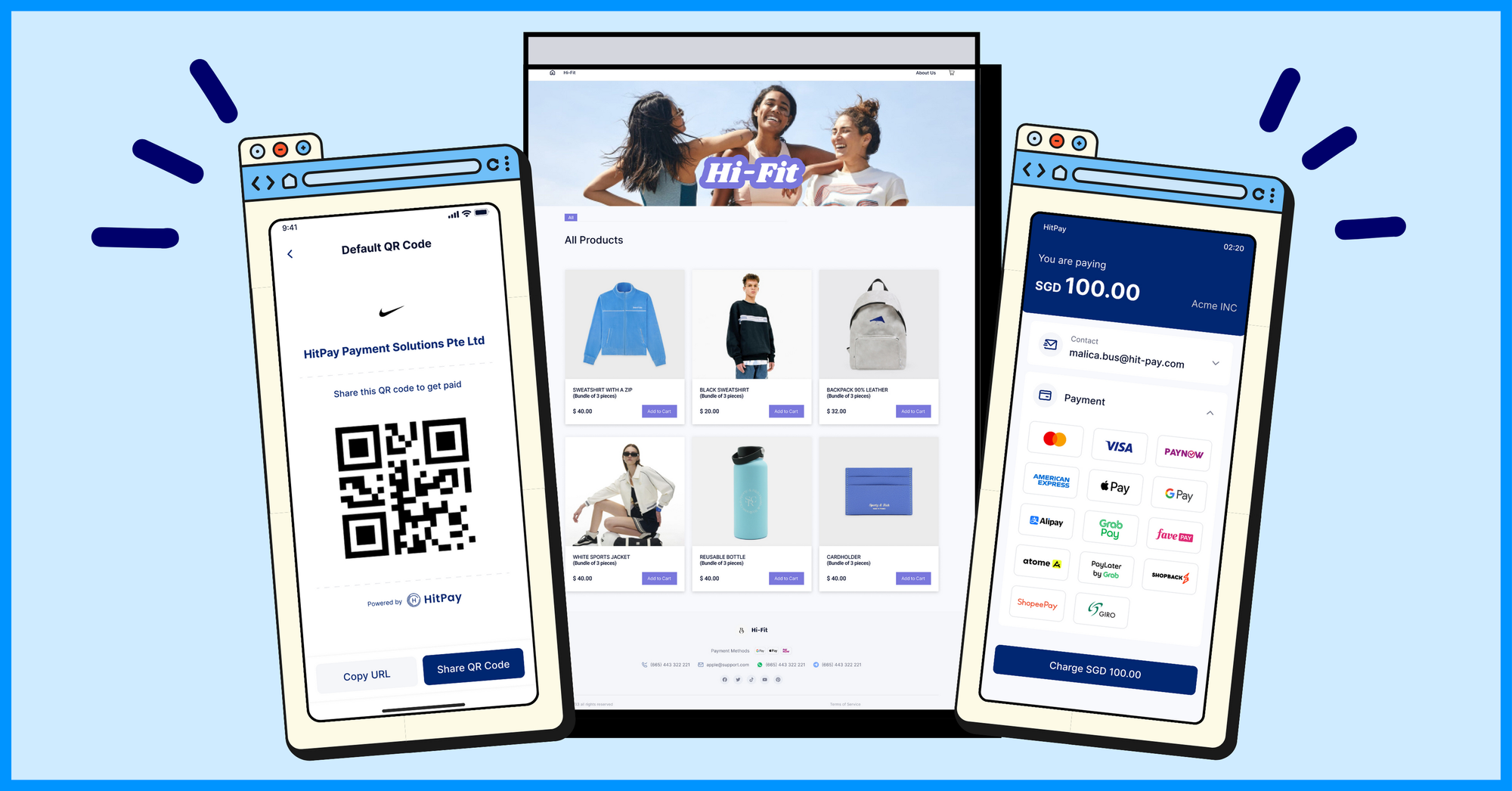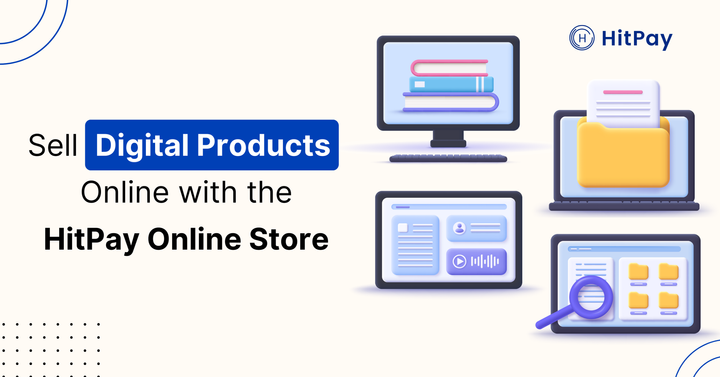What Is SEO for E-Commerce?: SEO Best Practices 2023
The article details SEO for e-commerce, highlighting best practices for improving search rankings and driving sales, while discussing the benefits, challenges, and metrics for success.

Businesses of all sizes recognize the importance of a strong online presence. Search Engine Optimization (SEO) has become an important tool for businesses to enhance their visibility, attract organic traffic, and ultimately, drive sales.
In this article, we will delve into the details of e-commerce SEO, exploring its key aspects, best practices, and challenges. We also discuss the benefits of investing in SEO for your e-commerce business and provide insights into measuring SEO success.
What is SEO for e-commerce?

SEO for e-commerce is a strategic approach to optimizing your online store to rank higher in search engine results pages (SERPs).
It involves implementing various techniques to improve your website's relevance, credibility, and user experience, making it more appealing to search engines and, consequently, potential customers.
- Relevance: The core of SEO for e-commerce is ensuring that your website's content matches the search terms that potential customers use. This involves identifying relevant keywords, incorporating them naturally into product descriptions, meta titles, and meta descriptions, and ensuring that your website's overall content resonates with the needs and interests of your target audience.
- Credibility: Establishing your website's credibility is extremely important for e-commerce, where trust and security are essential for driving sales. SEO for e-commerce contributes to building this trust by ensuring that your website adheres to search engine guidelines, fostering a secure and user-friendly environment, and acquiring backlinks from reputable websites, signaling to search engines that your website is a valuable source of information.
- User Experience (UX): A seamless and intuitive user experience is a hallmark of a successful e-commerce website. SEO for e-commerce prioritizes a positive UX, ensuring that visitors can easily navigate through your website, find the products they seek with minimal effort, and complete transactions without encountering any obstacles. This focus on UX translates into improved search engine rankings and, ultimately, increased sales.
What are the benefits of e-commerce SEO?
E-commerce SEO is a powerful tool that can help your online store reach its full potential. By optimizing your website for search engines, you can attract more visitors who are actively looking for products or services like yours. This can lead to increased sales, enhanced brand awareness, and a more competitive edge in the e-commerce market.

Here are some of the key benefits of e-commerce SEO:
- Increased organic traffic: When your website ranks higher in search results, you'll attract more visitors who are interested in what you have to offer. This can lead to a significant boost in sales.
- Enhanced brand awareness: As your website becomes more visible, your brand will become more familiar to potential customers. This can lead to increased brand loyalty and repeat business.
- Improved user experience: SEO can help you make your website more user-friendly, which can lead to increased conversions.
- Reduced marketing costs: SEO is a cost-effective way to market your business, as you don't have to pay for each click.
- Long-term growth: SEO is a long-term investment that can pay off for years to come.
If you're looking to grow your online store, e-commerce SEO is a must-have. By investing in a solid SEO strategy, you can put your business on the path to success.
E-commerce SEO best practices
Staying ahead of the curve in search engine optimization (SEO) is crucial for attracting organic traffic, boosting sales, and establishing your brand as a leading authority in your industry. Here are some key best practices to ensure your e-commerce SEO remains consistently strong:
1) On-Page SEO Best Practices
- Keywords that Matter: Research the words and phrases that people use to search for products or services like yours. Use those words and phrases throughout your website, including in product descriptions, blog posts, and page titles.
- Content that Counts: Create content that is informative and engaging, and that provides value to visitors. Make sure your content is relevant to what people are searching for. Use high-quality images with relevant alt text.
- Internal Linking: Link to other pages on your website to help people find more information. This will also help search engines understand your website's structure.
- Meta Titles and Descriptions: Write clear and concise titles and descriptions for your website's pages. These will appear in search results, so make sure they are enticing and informative. You can easily create e-commerce meta titles and descriptions that grab the users' attention in search results on HitPay.
2) Technical SEO Best Practices
Make your website load quickly. People are impatient. If your website takes too long to load, they'll leave. Use tools like Google PageSpeed Insights to identify areas where you can improve your website's speed.
- Make sure your website is mobile-friendly. More people use their phones to browse the internet than their computers. If your website isn't mobile-friendly, you'll be missing out on a lot of potential traffic. Use Google's Mobile-Friendly Test to see how your website looks on mobile devices.
- Help search engines understand your website. Use structured data markup to provide search engines with more information about your website's content. This can help your website appear in more relevant search results.
- Create an XML sitemap. An XML sitemap is a file that tells search engines which pages on your website are important. Submit your sitemap to Google Search Console to help them crawl your website more effectively (this can be done easily with HitPay)
- Use clear and concise URLs. Your URLs should be easy for people and search engines to understand. Avoid using long, confusing URLs with lots of numbers and special characters.
3) Off-Page SEO Best Practices
- Build Links: Get other websites to link to your website. This will help search engines understand that your website is trustworthy and authoritative. You can reach out to relevant websites and offer to write guest posts for them.
- Engage on Social Media: Use social media to promote your website and content. Share valuable content, respond to comments, and participate in relevant conversations. This will help you build brand awareness and drive traffic to your website.
- Partner with Influencers: Work with relevant influencers in your industry to promote your products or services. This can help you reach a wider audience and gain credibility.
- Manage Your Online Reputation: Encourage customers to leave positive reviews on your website and other relevant platforms. Address negative reviews promptly and professionally. This will help you build trust with potential customers.
By following these comprehensive SEO best practices, you can elevate your e-commerce website's visibility, attract a wider audience, drive business growth, and achieve sustainable success in the ever-evolving digital landscape.
KPIs to measure e-commerce SEO success
Measuring the success of your SEO efforts is important for making your website more visible, getting more visitors from search engines, and ultimately, growing your business.
By keeping an eye on key performance indicators (KPIs), you can make informed decisions about how to improve your SEO strategy, make your website better for users, and grow your business in the ever-changing e-commerce world.

Here are some of the most important KPIs to track:
- Organic Traffic: This shows how many people come to your website from search engines. If organic traffic is going up, it means your SEO is working and your website is becoming more visible in search results.
- Keyword Rankings: This shows where your website ranks in search results for specific keywords. Higher keyword rankings mean your website is more relevant and authoritative for those keywords, which can lead to more organic traffic.
- Conversion Rate: This shows the percentage of people who do something you want them to do on your website, such as buying something, signing up for a newsletter, or downloading a resource. A higher conversion rate means your website is better at turning visitors into customers.
- Cost Per Acquisition (CPA): This shows how much it costs, on average, to get a new customer through SEO. A lower CPA means you're getting more for your money from your SEO efforts.
- Return on Investment (ROI): This shows the overall financial return of your SEO investment. A positive ROI means your SEO efforts are generating revenue and helping your business make money.
- Pageviews: This shows how many times a page on your website is looked at. A higher number of pageviews means your website is engaging visitors and keeping them interested in your content.
- Average Session Duration: This shows how much time, on average, visitors spend on your website. A longer average session duration means your website is providing visitors with valuable content that keeps them engaged.
- Bounce Rate: This shows the percentage of visitors who leave your website after only looking at one page. A lower bounce rate means your website is keeping visitors interested and encouraging them to explore more of your content.
- Backlinks: This shows how many links from other websites point to your website. Backlinks are a sign of authority and credibility, and they can help improve your website's search rankings.
- Social Media Engagement: This shows how engaged people are with your website's social media pages. A high level of social media engagement means your brand is connecting with your target audience and that you are successfully driving traffic to your website from social media.
Google Analytics is a powerful tool that can help you track these KPIs and gain valuable insights into the effectiveness of your e-commerce SEO efforts. HitPay allows you to integrate with Google Analytics to get more insights into your website's performance and identify areas for improvement.
By tracking these KPIs, you can gain valuable insights into the effectiveness of your e-commerce SEO efforts and identify areas for improvement. Regularly monitoring these metrics will help you stay on track to achieve your SEO goals and drive sustainable growth for your e-commerce business.
Which e-commerce platform is best for SEO?
HitPay is a user-friendly e-commerce platform, that empowers businesses of all sizes to establish a strong online presence, enhance their SEO efforts, and drive sales effectively.
With its comprehensive features and free pricing model, HitPay eliminates the complexities often associated with e-commerce, making it an ideal choice for businesses just starting their online journey.

HitPay simplifies the process of creating a professional-looking online store, even for beginners with no prior web design experience. Choose from a variety of customizable online store themes to match your brand's aesthetic and personalize your store with ease.
HitPay also provides built-in e-commerce SEO tools to optimize your website for search engines and attract organic traffic. Additionally, HitPay seamlessly integrates with Meta Pixel and Google Analytics 4, enabling you to gain valuable insights into website performance and user behavior.
For streamlined operations, HitPay automatically synchronizes inventory and customer data between your online store and HitPay POS, eliminating the need for manual data entry.
The platform also seamlessly integrates with popular e-commerce platforms like WooCommerce and Shopify, expanding your reach and providing you with access to a wider range of features and functionalities.
HitPay's cost-effective pricing model makes it an attractive option for businesses of all sizes. The platform is free to use with no setup or monthly fees. You only pay a small payment gateway transaction fee when you make a sale, ensuring that you only pay for the services you use.
With its user-friendly interface, comprehensive features, and free pricing model, HitPay is a valuable tool for businesses of all sizes seeking to establish a strong online presence, enhance their SEO efforts, and drive sales effectively.
Have questions about HitPay?
Want to start accepting payments with HitPay's free e-commerce platform? If
Set up an account for free or find out more with a 1-on-1 demo.
Read also:
- Comparing HitPay with PayPal: Which Is the Better Payment Solution for SMEs?
- Best SEO Website Builders in 2023
About HitPay
HitPay is a one-stop commerce platform that aims to empower SMEs with no code, full-stack payment gateway solutions. Thousands of merchants have grown with HitPay's products, helping them receive in-person and online contactless payments with ease. Join our growing merchant community today!



